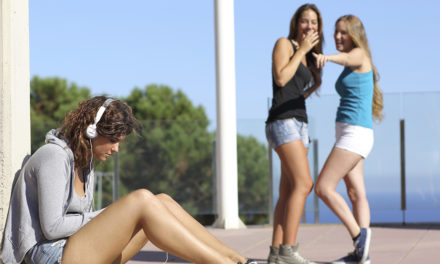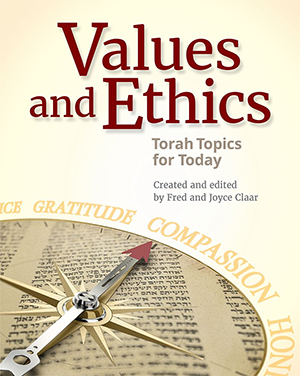NASO —
Jealousy is a powerful force. Adults and children are both vulnerable to this feeling, but children are especially prone to being jealous of their friends: “He has the more expensive sneakers”, “She has straight hair”, “He’s taller than I am”, “She’s a faster runner”. The litany continues ad infinitum.
In this week’s Torah portion a husband is jealous about his wife’s suspected infidelity. The Torah goes to great lengths to set out an elaborate procedure aimed at allaying his jealousy. In this way the Torah acknowledges what a destructive force jealousy can be.
To address this in our children, we must first become models for them. Try to refrain from comparing oneself to one’s friends and neighbors. Ask yourself: do we live within our means or are we trying to keep up with our neighbors? In this very competitive society that we live in, people not only compare themselves with others, but they often compare their children’s accomplishments to those of their friends’ children. No wonder that our children compare themselves to others! If we ourselves refrain from engaging in this comparison game, when our children compare themselves to others, we can encourage them to focus on what they are and have, rather than what others are and have. Rabbinic wisdom declares “Who is rich? One who is happy with what he has.”
TALK TO YOUR KIDS about the feelings of jealousy and comparing themselves to others.
CONNECT TO THEIR LIVES:
- What makes you jealous?
- What do you think might help you to be less so?
- Has jealousy ever prompted you to say or do something that you regret?
- Have you ever tried to provoke jealousy in others?
By Rabbi Dianne Cohler-Esses
Values & Ethics—Through a Jewish Lens is created by Fred and Joyce Claar to bring the wisdom of Judaism into family discussions.






